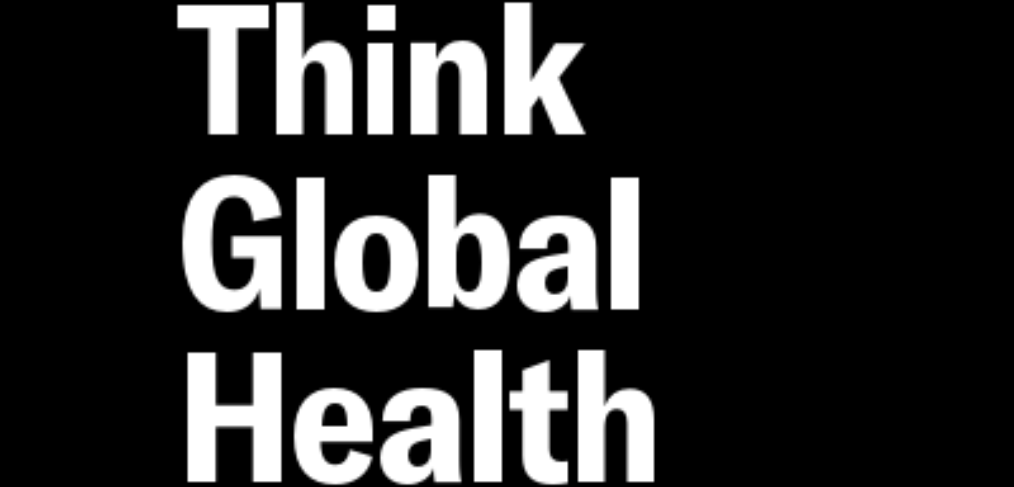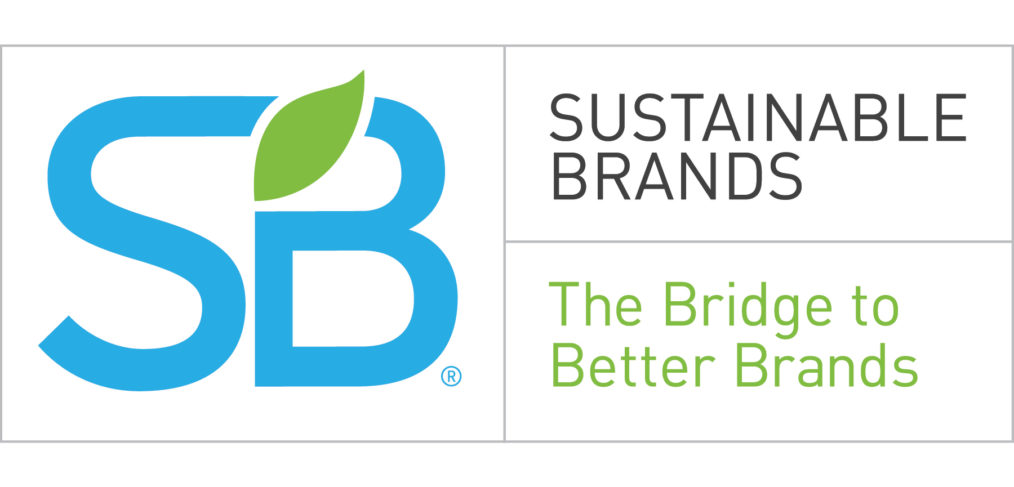Strengthening this one rule could keep frontline communities safe from their toxic neighbors. With the agency reviewing its “chemical disaster rule,” the time has come for stronger regulations to protect those living in the shadow of industrial facilities.
Domestic abuse is devastating my home country of Russia: More than 12,000 women in Russia died from this type of violence between 2011 and 2019, according to a recent study. The vast majority of these cases occurred at the hands of intimate partners. The remaining victims were killed by members of their own family.
As parts of the world are beginning to return to “normal” life, new cases of COVID-19 are skyrocketing across Africa. This past week, the number of cases and deaths in Africa increased by almost 40 percent, and in some countries the number of deaths tripled or quadrupled
Like so many, I lost family members to assassinations, in my case my father and brother. Despite the oppression of women in my country, my family always supported my education, and I was motivated to study law to try to bring about justice.
Violence against women and girls is the most pressing human rights issue of our time. Deemed “devastatingly pervasive” by the World Health Organization, it affects 1 in 3 women globally.
Communities of color and people in low-income neighborhoods are disproportionately exposed to toxic chemicals where they live, through their jobs, and also because of where they shop.
Early on, we found that talking about climate change wasn’t resonating with the Koch team. But when we talked about capturing and monetizing wasted resources, their ears perked up.
Famine was almost a thing of the past. It has been nine years since famine was declared on the country level in Somalia in 2011. Before that, you’d have to go back 19 years to find another famine on such a large scale.
While tens of millions of Americans are struggling to put food on the table and pay their bills, many of the world’s largest food corporations are lobbying against one of the most powerful tools we have to fight hunger, poverty, and racial inequality: raising the minimum wage.
Coronavirus is spreading around the globe with alarming speed. Now, an increasing number of cases are being recorded in areas where people are already facing life-threatening malnutrition, and the numbers are rising rapidly.
As a nation, we are facing crisis after crisis. More than 200,000 Americans have died from the coronavirus—a number that grows steadily each day. Tens of millions of people have lost jobs, and many businesses are shutting their doors.
COVID-19 is weighing heavily on everyone’s mental health, from the fear of getting sick and not being able to meet in person with loved ones to coping with the loss of a family member and beyond.










